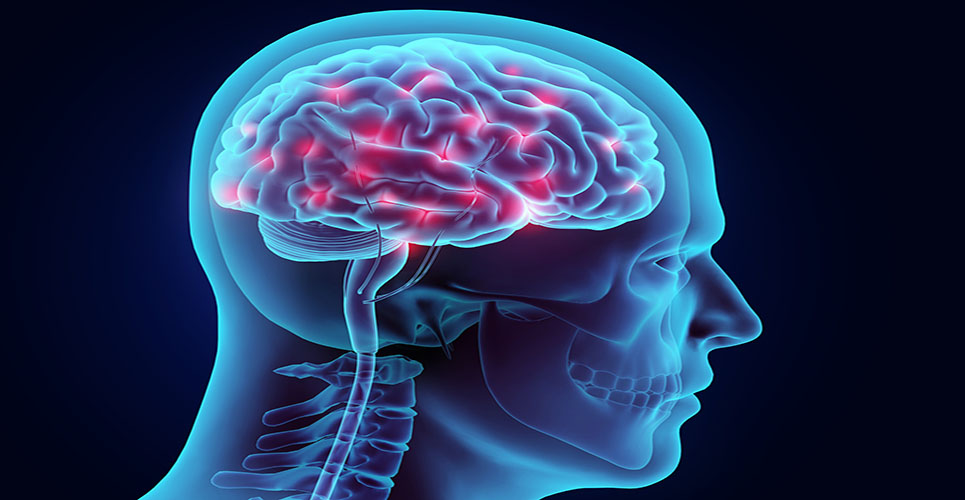teaser
Gene research firm deCODE genetics has filed a new Alzheimer’s disease drug application with the US Food and Drug Administration (FDA).
The company’s investigational new drug application for DG071, a novel small-molecule modulator of phosphodiesterase 4 (PDE4), is being developed as a new and potentially safer means of targeting PDE4 to combat memory loss and cognitive deficits associated with Alzheimer’s.
In animal testing, DG071 has been shown to significantly improve learning and long and short-term memory at doses that offer high levels of safety.
The compound has the potential to eliminate the nausea that has hampered the use of previous PDE4 inhibitors. deCODE plans to carry out clinical development of DG071 with a strategic partner.
Kari Stefansson, chief executive of deCODE, said: “DG071 has been shown in several animal models to potently and specifically improve cognitive function, and features a much wider safety and tolerability profile than existing PDE4 inhibitors.
“This is encouraging, as many of the amyloid-busting therapeutics currently entering clinical trials in Alzheimer’s disease have the potential to slow or stop progression of the disease but will not reverse the destruction of neurons.”
“DG071 could be useful in the treatment not only of Alzheimer’s disease, but might also have benefit in Huntington’s disease, schizophrenia, anxiety, ADHD and depression.” said Dr. Kari Stefansson, CEO of deCODE.
Copyright PA Business 2008

